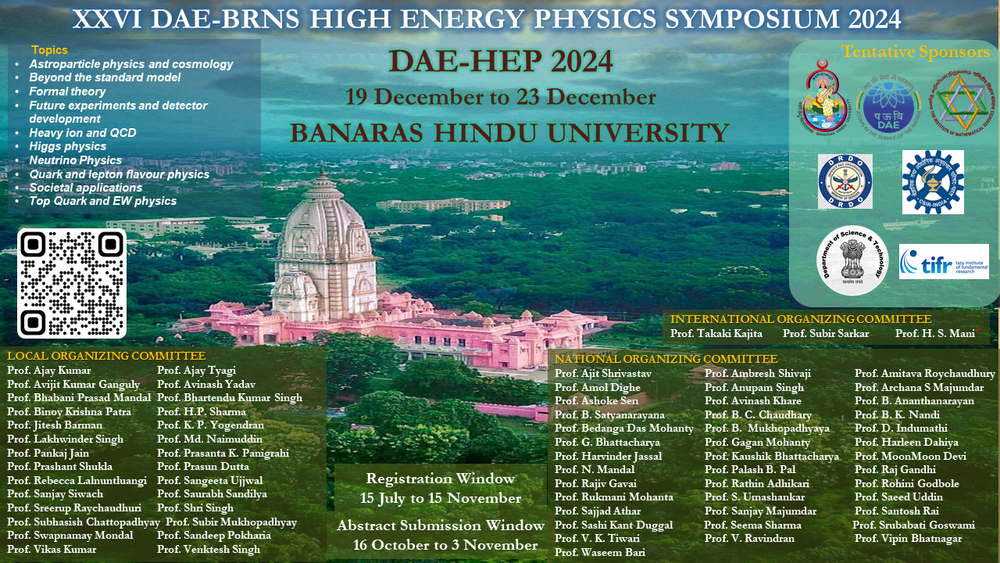Speaker
Description
In this talk, I will present our development of a new framework for relativistic perfect-fluid hydrodynamics that includes spin degrees of freedom, building on recent theoretical advancements aimed at explaining spin polarization in heavy-ion collisions. While standard relativistic hydrodynamics has successfully described the properties of the strongly-interacting matter produced in these collisions, understanding the differential measurements of spin polarization remains a challenge. Current models have partially explained experimental data by coupling spin polarization with the vorticity of the medium. However, these models suggest that spin should be treated as an independent degree of freedom, whose dynamics are not solely tied to flow circulation. Assuming spin as a macroscopic property, we propose that its dynamics should follow hydrodynamic laws in equilibrium. Our framework is derived from quantum kinetic theory for Dirac fermions and models the dynamics of matter in relativistic heavy-ion collisions. Assuming small polarization effects, we derive conservation laws for the net-baryon current, the energy-momentum tensor, and the spin tensor based on de Groot–van Leeuwen–van Weert definitions. We explore the properties of the spin polarization tensor, analyze the propagation properties of its components, and derive the spin-wave velocity for arbitrary statistics. Our findings indicate that only transverse spin components propagate, similar to electromagnetic waves. Furthermore, we investigate the spacetime evolution of spin polarization in systems with certain symmetries and calculate the mean spin polarization per particle, comparing our results with experimental data. Our results show qualitative agreement with experimental observations and other models for some observables. Additionally, we examine the impact of external electric fields on spin polarization dynamics within a Bjorken-expanding background.
| Field of contribution | Theory |
|---|

